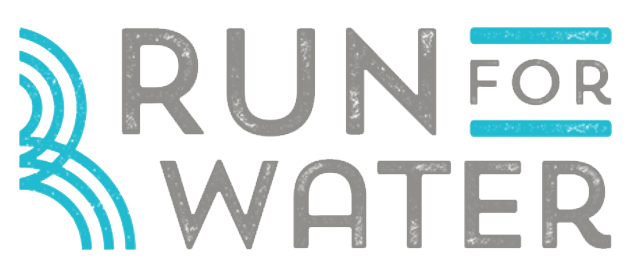
ETHIOPIA
Ethiopia, a country rich in history and culture, is home to over 110 million people. Although the people are hardworking and proud and the country has made remarkable economic and social progress in recent years, millions of Ethiopians still live in poverty.
Dirty Water – Among the challenges facing families one is especially stark: a lack of access to clean water. Children – especially girls – endure the consequences that come when there is no choice but to use water from open sources such as streams, sloughs, and ponds. The health toll is dire. Diarrhea, stomach and eye parasites, and cholera are but a few of the effects. Sickness, and even death, are common. The time and effort required to gather water – along with the drain of energy and resources caused by sickness – leaves entire communities caught in a vicious cycle.
Lack of Access to Clean Water – Families must use dirty water because they have no alternative. Without clean water or sanitation facilities, children – girls especially – cannot attend school. The lack of education and economic opportunity means they continue to consume dirty water.
Solutions within Reach – These problems can be solved. Drilling a well and digging a pit latrine, along with training in health, hygiene, and sanitation will transform life. MCC is committed to helping families and entire communities in Ethiopia to gain access to the precious gift of clean, safe, reliable water sources.
The benefits of clean water cannot be overstated.
Water-related illnesses are reduced or even eliminated. Health, income, and social conditions all improve when a community has a clean water source.



